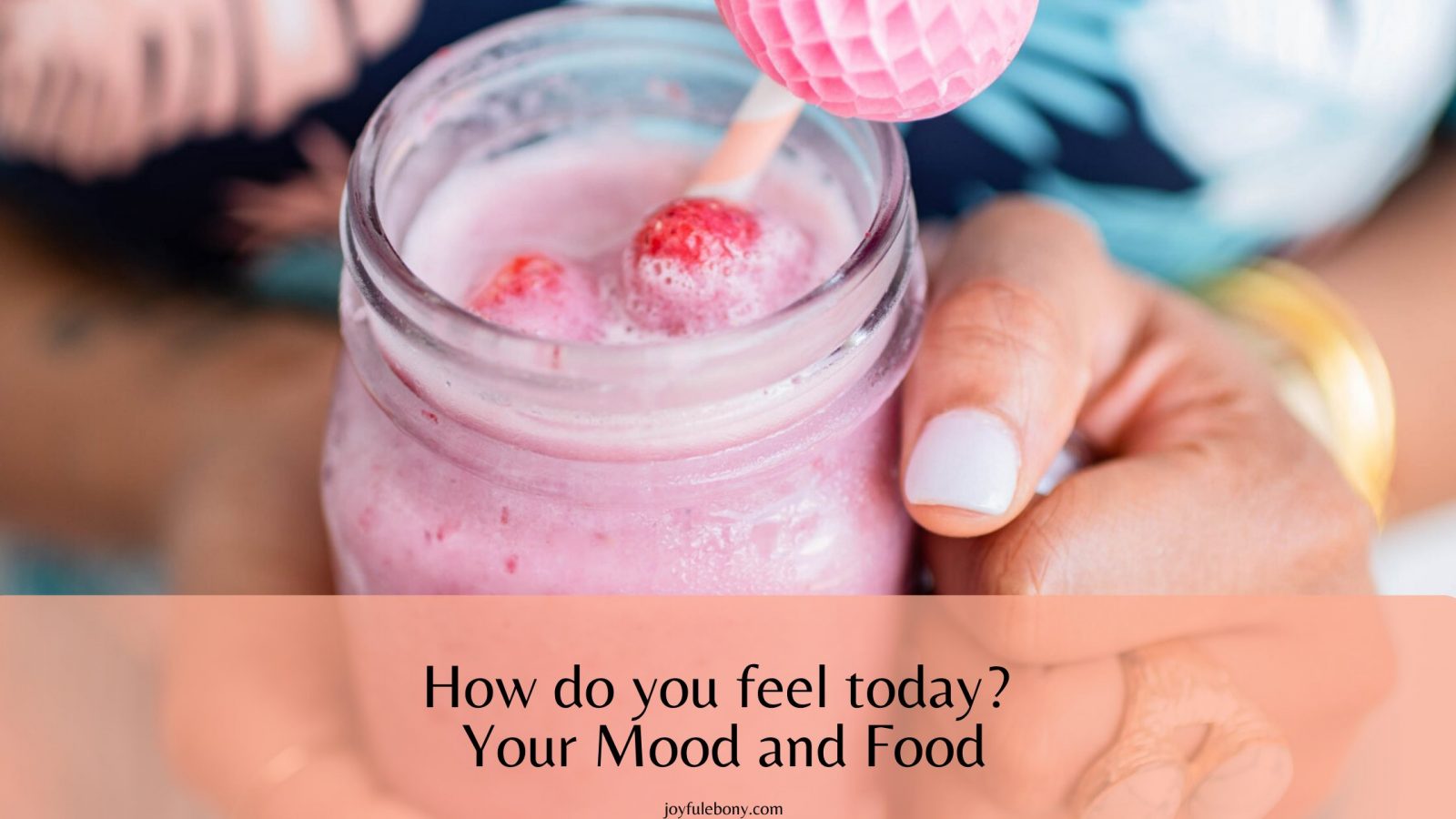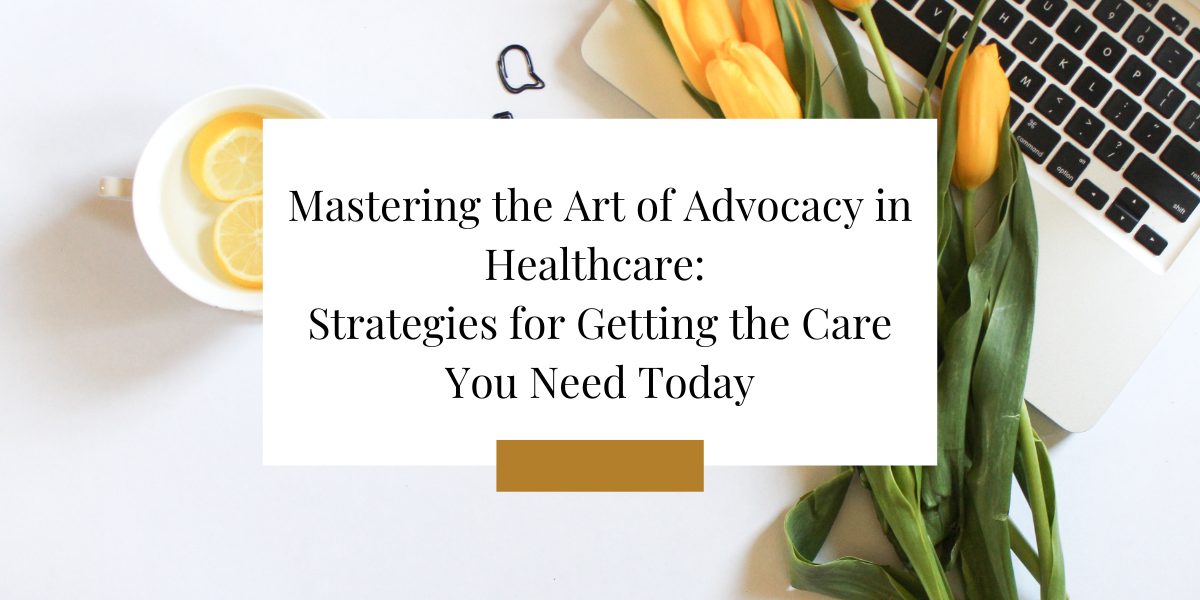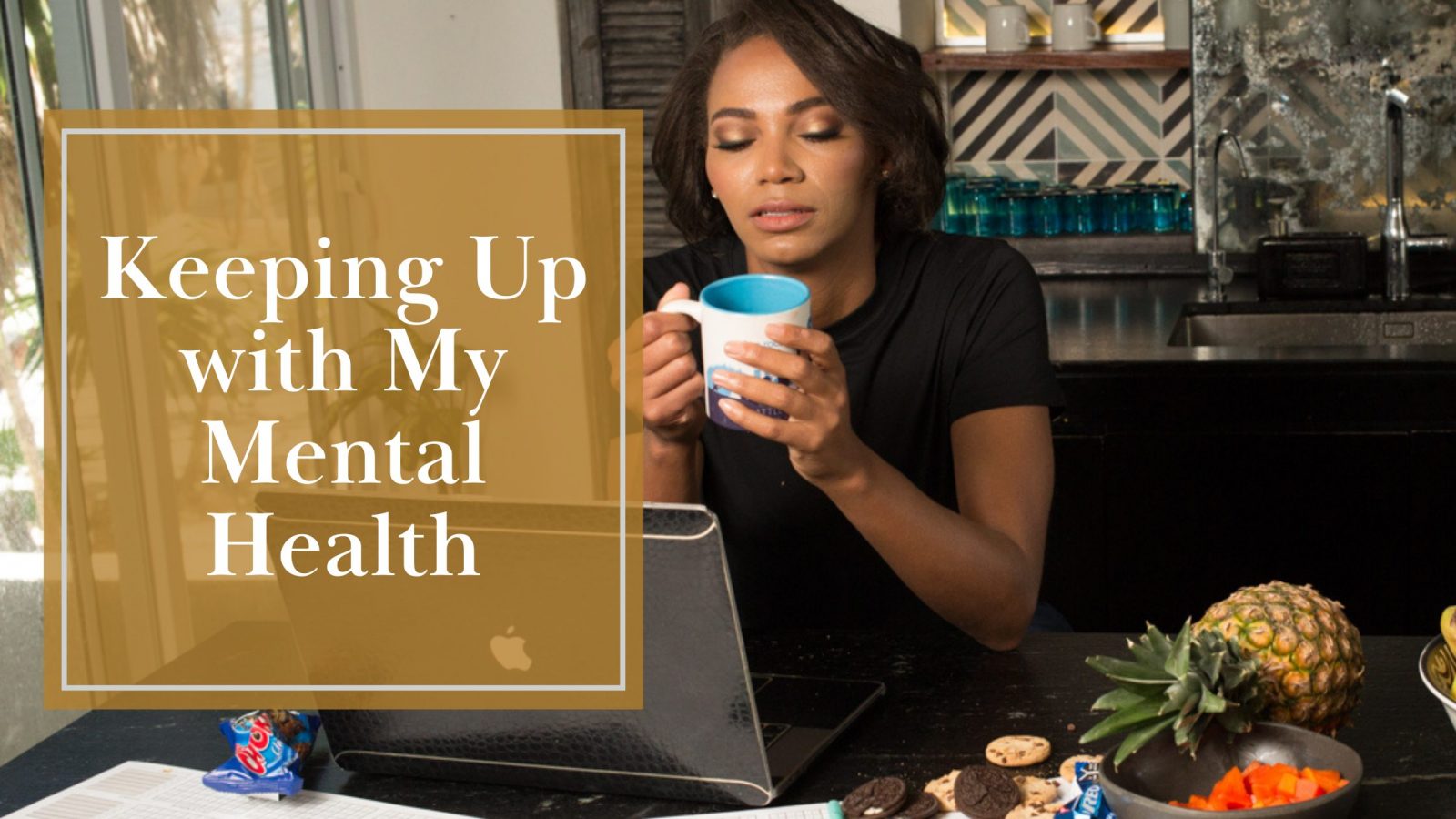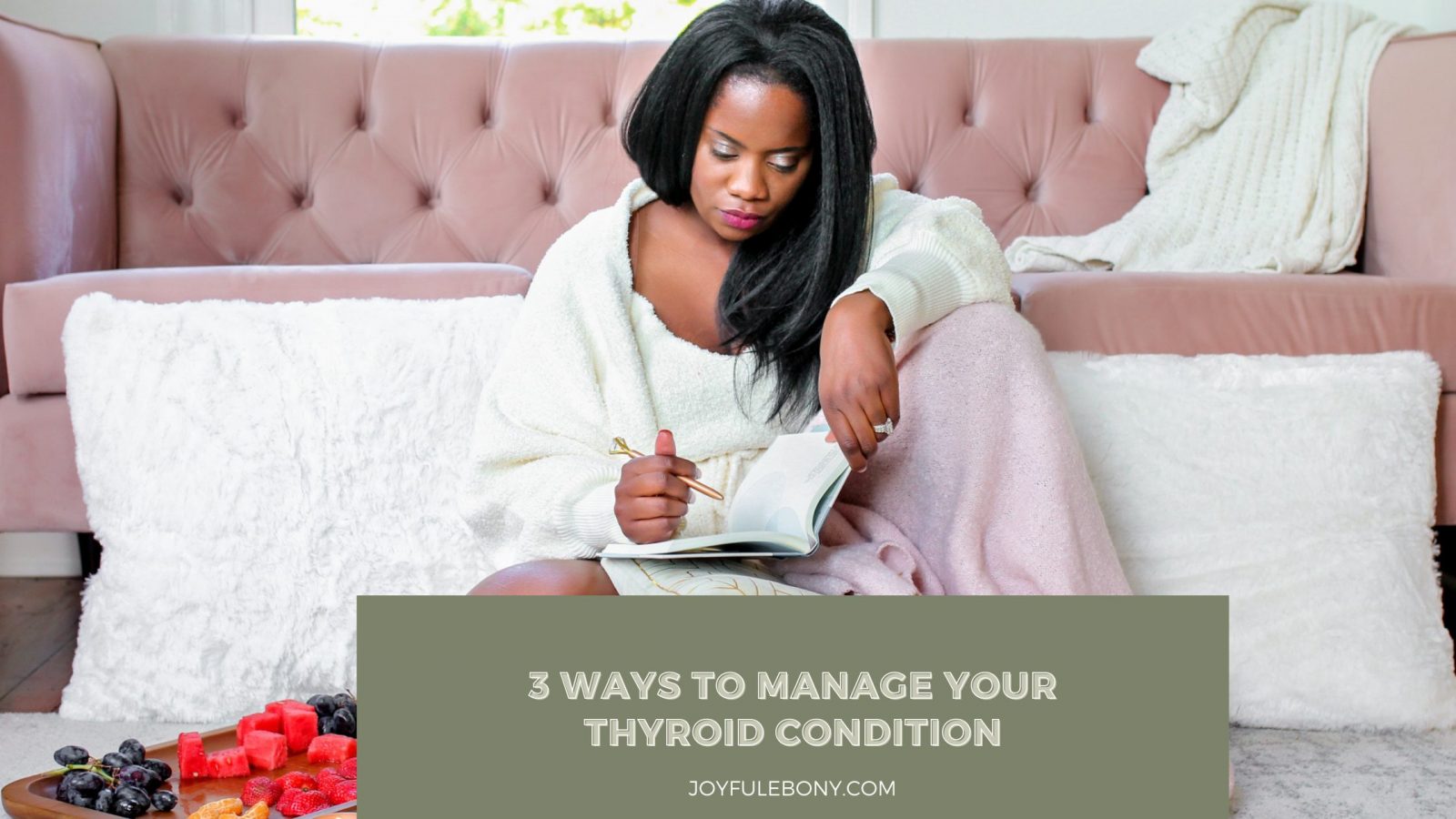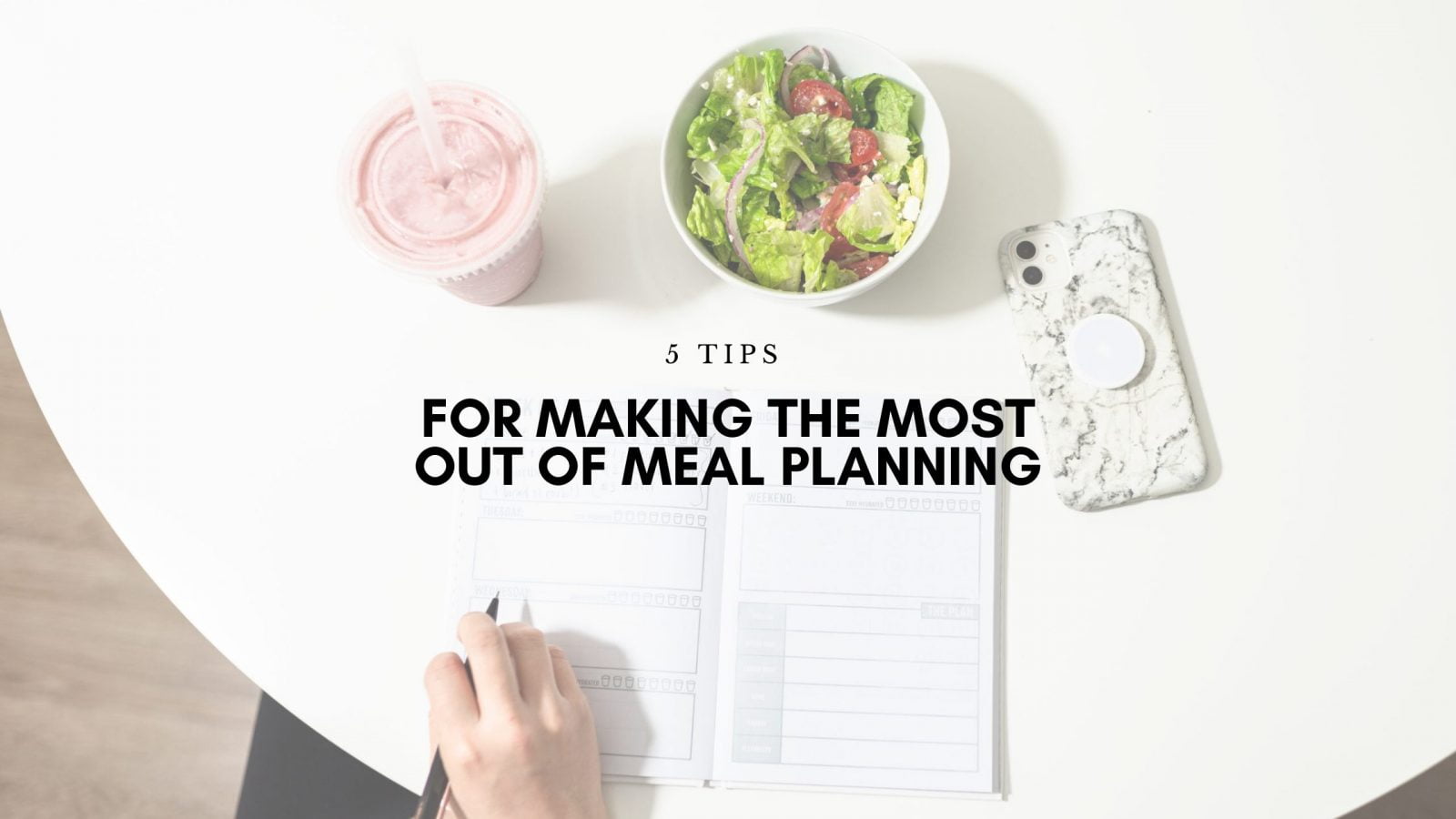If you all know me, you know how much I love food. I want to talk more about our digestive system in this post. This is such a personal topic for several reasons…
I struggled with IBS, or irritable bowel syndrome and my dad has recently been cleared of having Stage 4 Colon Cancer.
There were times when my stomach would hurt for days. I could barely find relief while constipation, diarrhea and nausea were my close and intimate friends. I was struggling with my thyroid disease and this introduced a new problem and obstacle that I needed to understand…
Microbes…it’s not a scary term
There are trillions of microbes that live in our digestive system. These microbes help us digest foods, make vitamins, and protect us from intruders. However, they also have mood-boosting and stress-busting functions.
The microbes that live in our guts are known as our “gut microbiota”. The microbes that we can ingest are known as “probiotics”. I know…buzzword…
Probiotics are live organisms that you can eat, drink, or take as a supplement. I talked about this on my podcast, the Thyroid Warrior Podcast. There are also probiotics that have mental health benefits and are called “psychobiotics,” (psycho = mental health, and biotics = live). They are live organisms that can benefit our psyche: hello Serotonin.
Where do we find probiotics?
Probiotics can be found in yogurt, sauerkraut (and other fermented veggies), miso, tempeh, and kimchi. You can drink them in kefir or kombucha. Be sure to choose unpasteurized ones that will be refrigerated in your local grocer. Additionally, it’s important that you also understand your digestive system…many of us don’t need to actually supplement, so it’s important that you work with your doctor to recognize your unique microbiome.
Is there a real connection between your brain and your gut??
It may not seem obvious or intuitive, but your body is connected in so many ways and more research coming about that supports the idea of “microbiota-gut-brain axis.” It is the connection between your gut, its microbes, and your brain (Dinan, 2017).
Several studies showed that stressed animals not only have increased stress hormones and stressed behaviors; but they also had different gut microbes! This has also been studied, on a small scale in people as well. One study showed that mothers with high levels of stress hormones during pregnancy had infants with more of the “bad” gut microbes.
The question I had was can changing our gut microbes affect our moods and stress responses?
Yes…yes it can.
“Gut microbiota and probiotics alter behavior and brain neurochemistry” (Ait-Belgnaoui, et. al., 2012).
Many animal studies show positive effects on behavior when they are given probiotic supplements. For example, after a probiotic, stressed rats had lower levels of both stress hormones and an inflammatory molecule associated with depression. Human studies show that after a few weeks of taking probiotic foods or supplements, healthy people have reduced stress hormones, feelings of stress, negative thoughts, and sad moods.
How do we help our digestive systems to make this shift?
PREbiotics. Prebiotics are food for our gut microbes and, when fermented in the digestive system, produce specific changes in bacterial composition or activity. They are your friendly gut microbes’ favorite foods so they’ll happily grow, and multiply. Prebiotics are basically foods that contain fiber:
- Jicama
- Asparagus
- Whole grains
- Apples
- Bananas
- Berries
From a personal perspective, once I started introducing more fiber rich foods, things started to change. I am happier, my poops are better and I feel better overall. I know that many people don’t like the idea of talking about things like poop, but it saved my dad’s life, so I will never stop talking about it…
By the way, here are a few other resources for you:
Fiber Fueled
https://theplantfedgut.com/book/
Thyroid Warrior Podcast
Now We Rebuild-Let’s Talk About Fiber Fueled
https://thyroidwarrior.libsyn.com/now-we-rebuildlets-talk-about-fiber-fueled-part-1-121
Taste the Rainbow
https://thyroidwarrior.libsyn.com/taste-the-rainbow-122
—–
References:
Ait-Belgnaoui, A., Durand, H., Cartier, et al (2012). Prevention of gut leakiness by a probiotic treatment leads to attenuated HPA response to an acute psychological stress in rats. Psychoneuroendocrinology. 37(11):1885-95. doi: 10.1016/j.psyneuen.2012.03.024. LINK: https://www.ncbi.nlm.nih.gov/pubmed/22541937
Bailey, M.T., Dowd, S.E., Galley, J.D., et al. (2011). Exposure to a social stressor alters the structure of the intestinal microbiota: implications for stressor-induced immunomodulation. Brain Behav Immun. 25(3):397–407. LINK: https://www.ncbi.nlm.nih.gov/pmc/articles/PMC3039072/?report=reader
Bharwani A, Mian MF, Foster JA, et al. (2016). Structural & functional consequences of chronic psychosocial stress on the microbiome & host. Psychoneuroendocrinology. 63:217–227. LINK: http://www.psyneuen-journal.com/article/S0306-4530(15)00934-8/abstract
Cryan, J.F. (2016). Stress and the Microbiota-Gut-Brain Axis: An Evolving Concept in Psychiatry. Can J Psychiatry. 61(4):201-3. doi: 10.1177/0706743716635538. LINK: https://www.ncbi.nlm.nih.gov/pmc/articles/PMC4794959/
De Palma, G., Blennerhassett, P., Lu, J., Deng, Y., Park, A.J., Green, W., Denou, E., Silva, M.A., Santacruz, A., Sanz, Y., Surette, M.G., Verdu, E.F., Collins, S.M. & Bercik, P. (2015). Microbiota and host determinants of behavioural phenotype in maternally separated mice. Nat Commun. 2015 Jul 28;6:7735. doi: 10.1038/ncomms8735.
LINK: http://www.nature.com/articles/ncomms8735
Dinan, T.G. & Cryan, J.F. (2016). Mood by microbe: towards clinical translation. Genome Med. 8(1):36. doi: 10.1186/s13073-016-0292-1.
LINK: https://www.ncbi.nlm.nih.gov/pmc/articles/PMC4822287/
Dinan TG1, Cryan JF. (2017). The Microbiome-Gut-Brain Axis in Health and Disease. Gastroenterol Clin North Am. 2017 Mar;46(1):77-89. doi: 10.1016/j.gtc.2016.09.007. LINK: http://www.sciencedirect.com/science/article/pii/S0889855316300826
Kelly, J. R., Kennedy, P. J., Cryan, J. F., Dinan, T. G., Clarke, G., & Hyland, N. P. (2015). Breaking down the barriers: the gut microbiome, intestinal permeability and stress-related psychiatric disorders. Frontiers in Cellular Neuroscience, 9, 392. LINK: https://www.ncbi.nlm.nih.gov/pmc/articles/PMC4604320/
Messaoudi, M., Lalonde, R., Violle, et al (2011). Assessment of psychotropic-like properties of a probiotic formulation (Lactobacillus helveticus R0052 and Bifidobacterium longum R0175) in rats and human subjects. Br J Nutr. 105(5):755-64. doi: 10.1017/S0007114510004319.
O’Mahony, S.M., Marchesi, J.R., Scully, P., et al. (2009). Early life stress alters behavior, immunity, and microbiota in rats: implications for irritable bowel syndrome and psychiatric illnesses. Biol Psychiatry. 65(3):263–267. LINK: https://www.ncbi.nlm.nih.gov/pubmed/18723164
Rea, K., Dinan, T.G. & Cryan, J.F. (2016). The microbiome: A key regulator of stress and neuroinflammation. Neurobiol Stress. 4:23-33.
LINK: https://www.ncbi.nlm.nih.gov/pmc/articles/PMC5146205/
Rieder, R., Wisniewski, P.J., Alderman, B.L. & Campbell, S.C. (2017). Microbes and mental health: A review. Brain Behav Immun. 2017 Jan 25. pii: S0889-1591(17)30016-8. doi: 10.1016/j.bbi.2017.01.016. LINK: http://www.sciencedirect.com/science/article/pii/S0889159117300168
Romijn, A.R. & Rucklidge, J.J. (2015). Systematic review of evidence to support the theory of psychobiotics. Nutr Rev. 73(10):675-93. doi: 10.1093/nutrit/nuv025.
LINK: https://www.ncbi.nlm.nih.gov/pubmed/26370263
Sarkar, A., Lehto, S.M., Harty, S., Dinan, T.G., Cryan, J.F. & Burnet, P.W. (2016). Psychobiotics and the Manipulation of Bacteria-Gut-Brain Signals. Trends Neurosci. 39(11):763-781. doi: 10.1016/j.tins.2016.09.002.
LINK: https://www.ncbi.nlm.nih.gov/pmc/articles/PMC5102282/
Sender, R., Fuchs, S. & Milo, R. (2016). Revised Estimates for the Number of Human and Bacteria Cells in the Body. PLoS Biol 14(8): e1002533. doi:10.1371/journal.pbio.1002533 LINK: http://journals.plos.org/plosbiology/article?id=10.1371/journal.pbio.1002533
Sherwin, E., Sandhu, K.V., Dinan, T.G. & Cryan, J.F. (2016). May the Force Be With You: The Light and Dark Sides of the Microbiota-Gut-Brain Axis in Neuropsychiatry. CNS Drugs. 2016 Nov;30(11):1019-1041. doi: 10.1007/s40263-016-0370-3 LINK: https://www.ncbi.nlm.nih.gov/pmc/articles/PMC5078156/
Steenbergen, L., Sellaro, R., van Hemert, S., Bosch, J.A. & Colzato, L.S. (2015). A randomized controlled trial to test the effect of multispecies probiotics on cognitive reactivity to sad mood.
Brain Behav Immun. 48:258-64. doi: 10.1016/j.bbi.2015.04.003. LINK: http://www.sciencedirect.com/science/article/pii/S0889159115000884
Zijlmans, M.A., Korpela, K., Riksen-Walraven, J.M., de Vos, W.M. & de Weerth, C. (2015). Maternal prenatal stress is associated with the infant intestinal microbiota. Psychoneuroendocrinology. 2015 Mar;53:233-45. doi: 10.1016/j.psyneuen.2015.01.006. LINK: http://www.psyneuen-journal.com/article/S0306-4530(15)00020-7/abstract
https://www.caltech.edu/about/news/microbes-help-produce-serotonin-gut-46495

